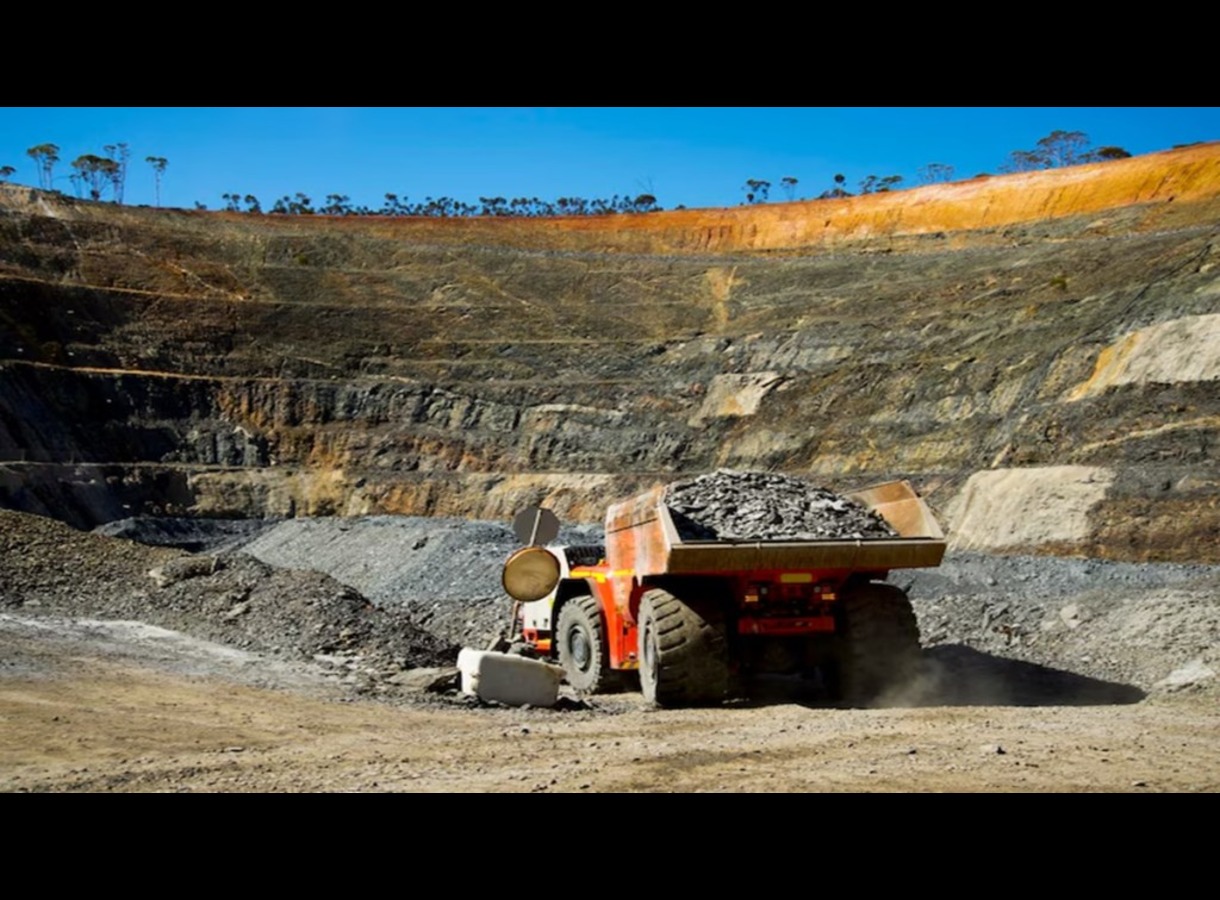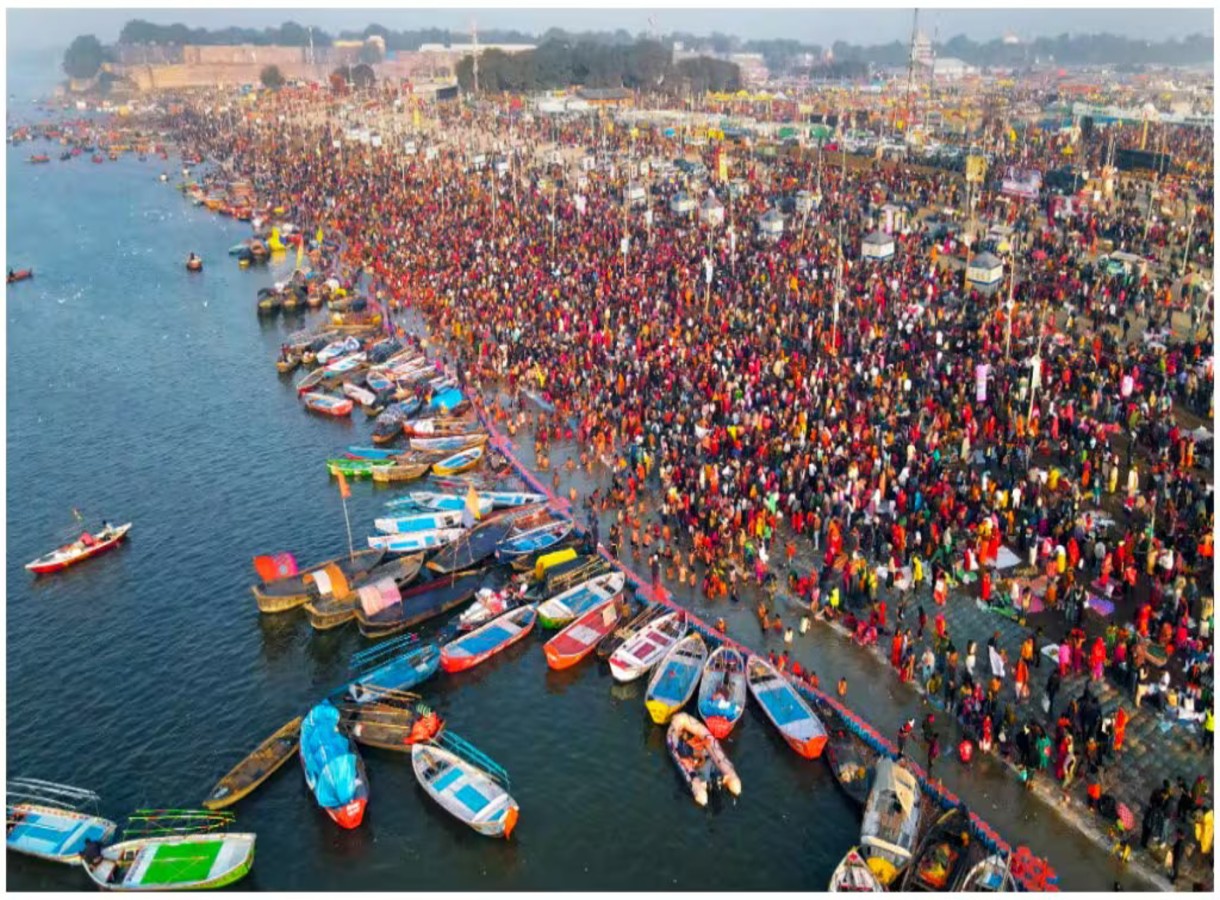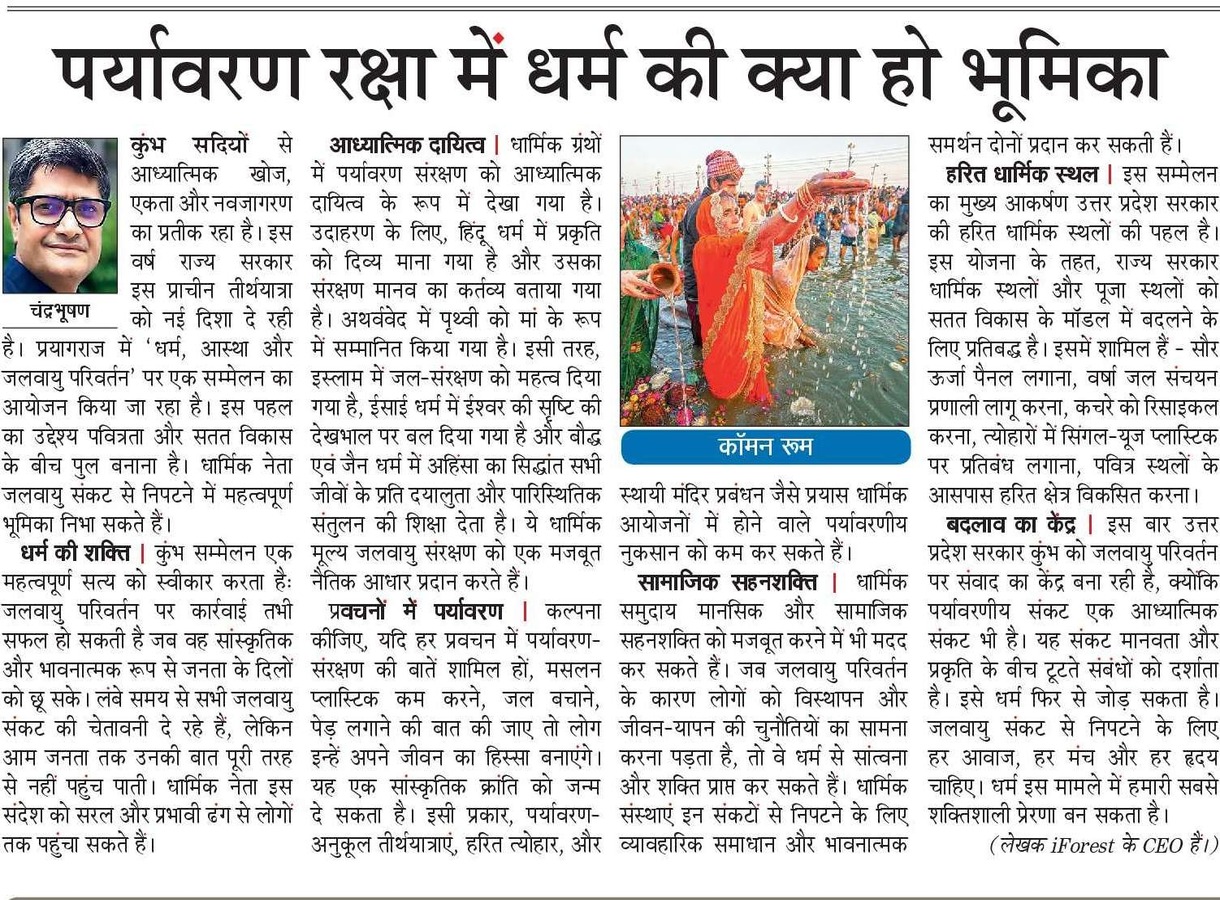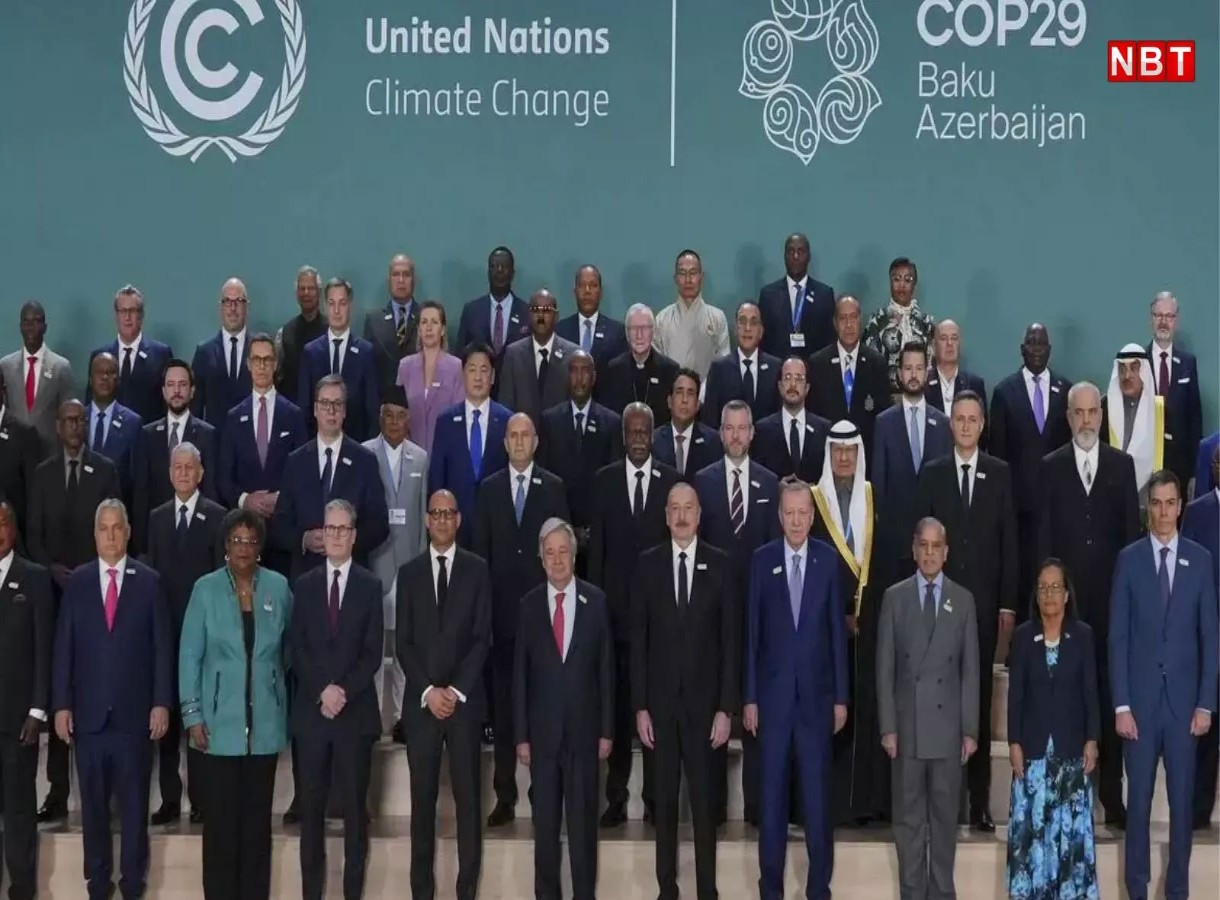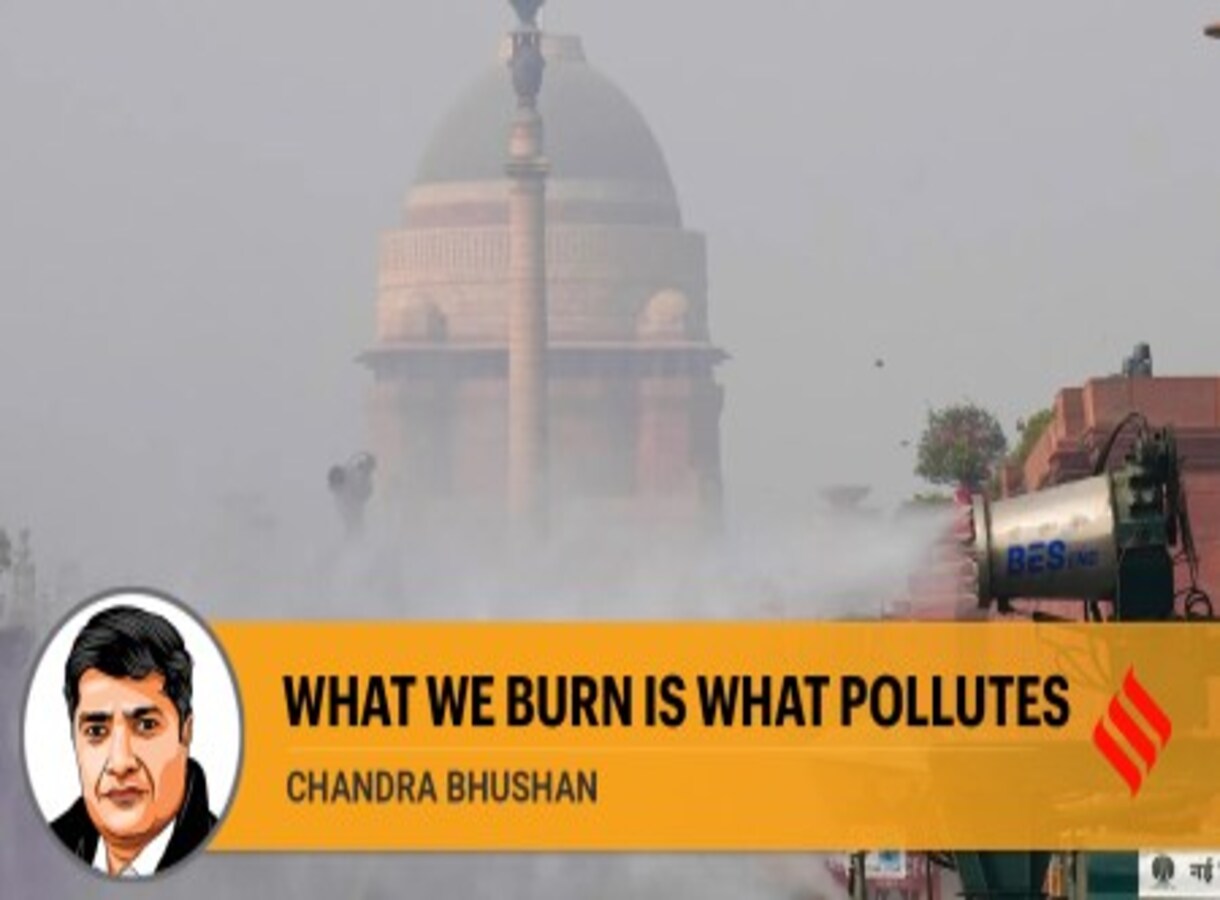Virtue Signalling Doesn’t Control Pollution
This article appeared in The Times of India Public outrage has muted Delhi’s drive to push out old cars. Bigger problem is that clean air policies are fashioned without scientific insight or robust data. Some actually hurt the environment Public backlash has forced Delhi govt to walk back from its initiative to impound ‘end of […]
Virtue Signalling Doesn’t Control Pollution Read More »





